Filter by
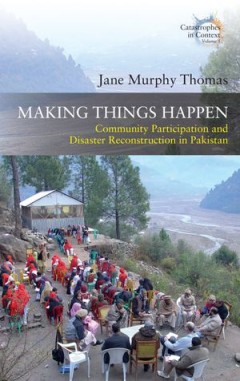
Sinesio di Cirene nella cultura tardoantica: Atti del convegno internazionale…
"In a discourse on the great confrontation between pagan and Christian culture at the sunset of the ancient world, the testimony of Sinesio is certainly significant: 'testimony' we say, since that of Sinesio was not a strong contribution in one or the other of the two fields, but a mediated message, with adhesions in both, but with an unfinished, or ambiguous one, which must be assumed, and pos…
- Edition
- -
- ISBN/ISSN
- 9788867055494
- Collation
- -
- Series Title
- -
- Call Number
- -
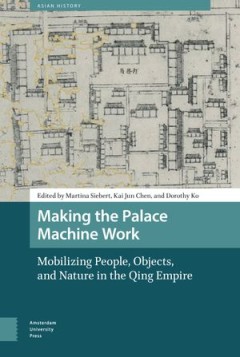
Silent Love: The Annotation and Interpretation of Nabokov's "The Real Life of…
The Real Life of Sebastian Knight is one of Vladimir Nabokov's most autobiographical novels and it has often been observed that Sebastian's passionate affair with the femme fatale Nina Rechnoy is a dramatized extension of Nabokov's infatuation with Irina Guadanini. In this book it is shown that the novel also conceals another, secluded, love affair Sebastian had with a man, which reflects the m…
- Edition
- -
- ISBN/ISSN
- 9781618117106
- Collation
- -
- Series Title
- -
- Call Number
- -

Shelley and Synesthesia
Glenn O’Malley’s Shelley and Synesthesia examines a little-known aspect of Percy Shelley’s poetry, offering a history of synesthesia and engaging in close readings of Shelley’s poetry, focusing primarily on his longer works. O’Malley explores the internal structure of Shelley’s poems to concentrate on patterns of imagery and symbolism, bringing attention to Shelley’s resourcefulne…
- Edition
- -
- ISBN/ISSN
- 9780810138636
- Collation
- -
- Series Title
- -
- Call Number
- -
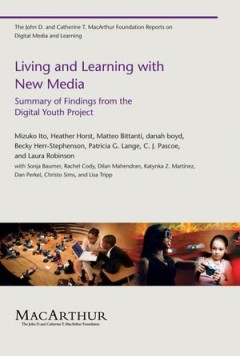
Shakespeare’s Representation of Weather, Climate and Environment: The Early…
This monograph explores the importance of weather and changing skies in early modern England while acknowledging the fact that traditional representations and religious beliefs still fashioned people’s relations to meteorological phenomena.
- Edition
- -
- ISBN/ISSN
- 9781474442527
- Collation
- -
- Series Title
- -
- Call Number
- -
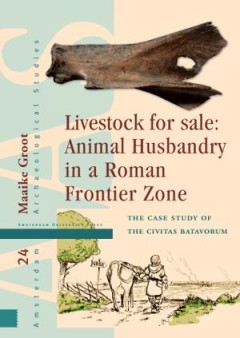
Shakespeare’s Moral Compass
This ground-breaking study fearlessly combines latest research in evolutionary psychology, historical scholarship and philosophy to answer a question that has eluded critics for centuries: what is Shakespeare’s moral vision?
- Edition
- -
- ISBN/ISSN
- 9781474432894
- Collation
- -
- Series Title
- -
- Call Number
- -

Shakespeare's Legal Ecologies: Law and Distributed Selfhood
Shakespeare’s Legal Ecologies offers the first sustained examination of the relationship between law and selfhood in Shakespeare’s work. Curran argues that law provided Shakespeare with the conceptual resources to imagine selfhood in social and distributed terms, as a product of interpersonal exchange or gathering of various material forces. Curran reveals Shakespeare’s distinctly communi…
- Edition
- -
- ISBN/ISSN
- 9780810135178
- Collation
- -
- Series Title
- -
- Call Number
- -
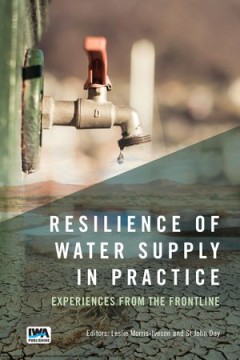
Shakespeare's History Plays: Rethinking Historicism
Shakespeare's History Plays boldly moves criticism of Shakespeare's history plays beyond anti-humanist theoretical approaches.This important intervention in the critical and theoretical discourse of Shakespeare studies summarises, evaluates and ultimately calls time on the mode of criticism that has prevailed in Shakespeare studies over the past thirty years. It heralds a new, more dynamic way …
- Edition
- -
- ISBN/ISSN
- 9780748646135
- Collation
- -
- Series Title
- -
- Call Number
- -
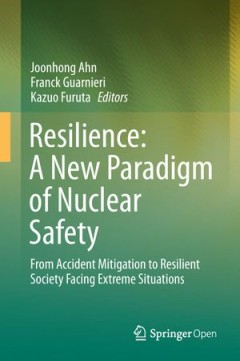
Shakespeare and the Fall of the Roman Republic: Selfhood, Stoicism and Civil War
Shakespeare and the Fall of the Roman Republic introduces Shakespeare as a historian of ancient Rome alongside figures such as Sallust, Cicero, St Augustine, Machiavelli, Gibbon, Hegel and Nietzsche. In Julius Caesar and Antony and Cleopatra, Shakespeare shows Rome’s transition from Republic to Empire. Why did Rome degenerate into an autocracy? Alternating between ruthless competition, Stoici…
- Edition
- -
- ISBN/ISSN
- 9781474427470
- Collation
- -
- Series Title
- -
- Call Number
- -

Shakespeare and Hospitality: Ethics, Politics, and Exchange
This volume focuses on hospitality as a theoretically and historically crucial phenomenon in Shakespeare's work with ramifications for contemporary thought and practice. Drawing a multifaceted picture of Shakespeare's scenes of hospitality—with their numerous scenes of greeting, feeding, entertaining, and sheltering—the collection demonstrates how hospitality provides a compelling frame for…
- Edition
- -
- ISBN/ISSN
- ISBN(S) 9781317632894
- Collation
- -
- Series Title
- -
- Call Number
- -
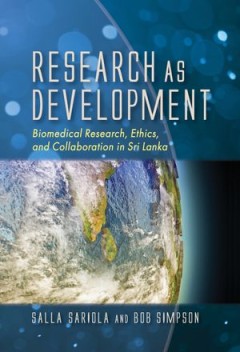
Shakespeare and Hate: Emotions, Passions, Selfhood
This book studies how the tirades and unrestrained villainy of Shakespeare's art explode the decorum and safety of our sanitized lives and challenge the limits of selfhood. The literary criticism of anger and hate provides a vision of the experience of Shakespeare's theater as an intensification of human experience that goes beyond traditional contexts of character, culture, and ethics. The boo…
- Edition
- -
- ISBN/ISSN
- 9781315724508
- Collation
- -
- Series Title
- -
- Call Number
- -
 Computer Science, Information & General Works
Computer Science, Information & General Works  Philosophy & Psychology
Philosophy & Psychology  Religion
Religion  Social Sciences
Social Sciences  Language
Language  Pure Science
Pure Science  Applied Sciences
Applied Sciences  Art & Recreation
Art & Recreation  Literature
Literature  History & Geography
History & Geography